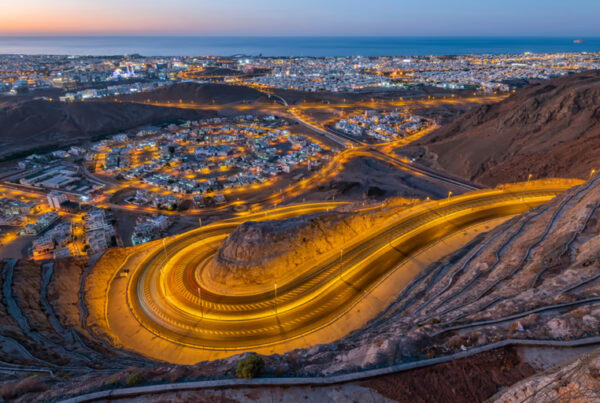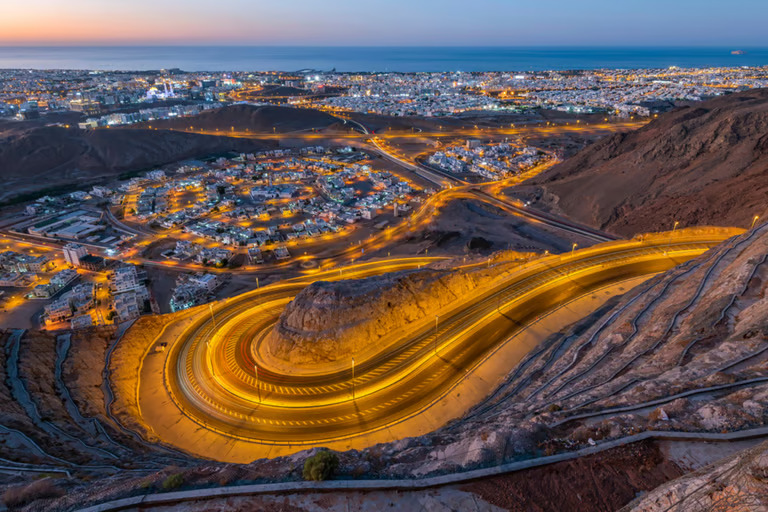
The construction industry in the Middle East is witnessing a revolutionary shift towards sustainable and eco-friendly practices. With rising concerns about climate change, energy efficiency, and resource management, construction companies in Middle East are increasingly adopting green building methods to align with global sustainability standards. Today, governments, investors, and communities are prioritizing environmentally responsible development, making green practices a necessity rather than an option.
At Al Bany Group, we believe that the future of construction lies in innovation and sustainability. The growing interest in green building is reshaping the way infrastructure is planned, designed, and executed across the region. From energy-efficient skyscrapers to smart residential communities, the Middle East is setting benchmarks for eco-friendly architecture that balances luxury with responsibility.
Why Green Building Practices Matter
Green building practices focus on reducing negative environmental impacts by utilizing sustainable materials, energy-saving technologies, and efficient construction processes. For leading construction companies in Middle East, adopting such practices is no longer just about compliance—it is about building for the future.
These methods help:
- Minimize carbon emissions during construction and operations.
- Reduce energy and water consumption through smart technologies.
- Promote healthier indoor environments for occupants.
- Increase the long-term value of properties.
By prioritizing sustainability, construction companies in Middle East are contributing to regional climate goals while creating world-class projects that meet international green building certifications like LEED and BREEAM.
Government Initiatives Driving Change
The rapid adoption of green practices in the Middle East is largely fueled by government initiatives. Countries like the UAE, Saudi Arabia, and Qatar are leading the charge with strict regulations and incentives that encourage sustainable development.
For instance:
- The UAE has introduced Estidama, a sustainability framework promoting eco-friendly buildings.
- Saudi Arabia’s Vision 2030 emphasizes green urban planning and renewable energy integration.
- Qatar has been a pioneer in sustainable stadium construction for the FIFA World Cup 2022.
These initiatives are pushing the best construction companies in Middle East to innovate and deliver projects that support national sustainability targets.
Innovative Green Building Materials
One of the most noticeable trends among construction companies in Middle East is the use of sustainable and innovative materials. Instead of traditional concrete and steel, builders are now exploring:
- Recycled steel and aluminum for reduced carbon footprint.
- Low-VOC paints and finishes to improve indoor air quality.
- Solar-reflective roofing materials to combat extreme heat.
- Bamboo and engineered wood as renewable alternatives.
By integrating these materials, leading construction companies in Middle East not only minimize environmental damage but also improve the durability and efficiency of their projects.
Smart Technology in Sustainable Construction
Technology plays a key role in advancing green building practices. Construction companies in Middle East are increasingly investing in smart solutions such as:
- IoT-based monitoring systems for real-time energy and water usage tracking.
- Building Information Modeling (BIM) to optimize material use and reduce waste.
- Solar power integration for both residential and commercial projects.
- Smart HVAC systems that adapt to weather and occupancy levels.
These innovations not only help reduce environmental impact but also lower operational costs, making projects more attractive to clients and investors.n.
Benefits for Businesses and Communities
The adoption of green building practices provides immense benefits for all stakeholders. For leading construction companies in Middle East, it enhances brand reputation, attracts eco-conscious clients, and ensures compliance with global standards. For communities, it ensures healthier living conditions, reduced energy bills, and a smaller carbon footprint.
At Al Bany Group, we understand the importance of merging innovation with responsibility. By prioritizing sustainable practices, we deliver projects that not only meet present demands but also preserve resources for future generations.

Future of Green Construction in the Middle East
Looking ahead, the Middle East is poised to become a global leader in sustainable construction. With ambitious goals like Saudi Arabia’s NEOM city and the UAE’s net-zero targets, construction companies in Middle East are expected to play a central role in shaping a greener, smarter, and more resilient future.
The integration of renewable energy, smart infrastructure, and eco-conscious materials will define the next decade of construction. The best construction companies in Middle East, including Al Bany Group, are already paving the way for a sustainable tomorrow.
Conclusion
The construction industry in the Middle East is undergoing a profound transformation, with sustainability at its core. From innovative materials to smart technology, leading construction companies in Middle East are embracing green building practices to align with global sustainability goals. These efforts are not just about protecting the environment but also about creating modern, efficient, and future-ready infrastructure.
At Al Bany Group, we take pride in being part of this green revolution, ensuring every project contributes to a sustainable and prosperous Middle East. The future belongs to those who build responsibly—and together, we are shaping that future.




